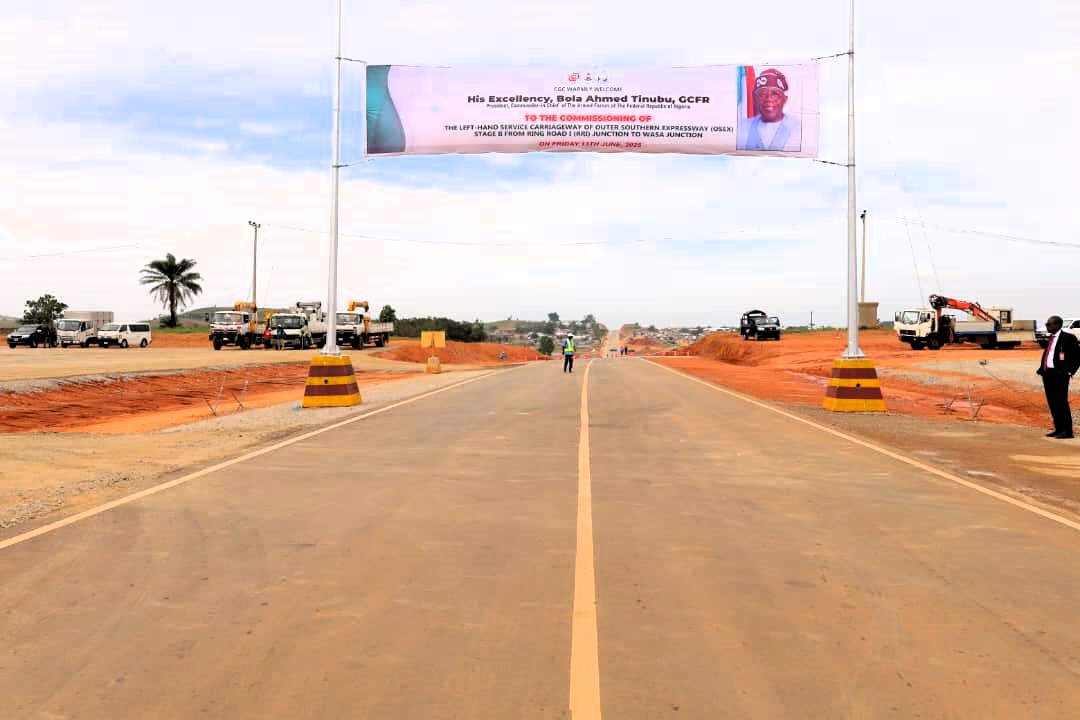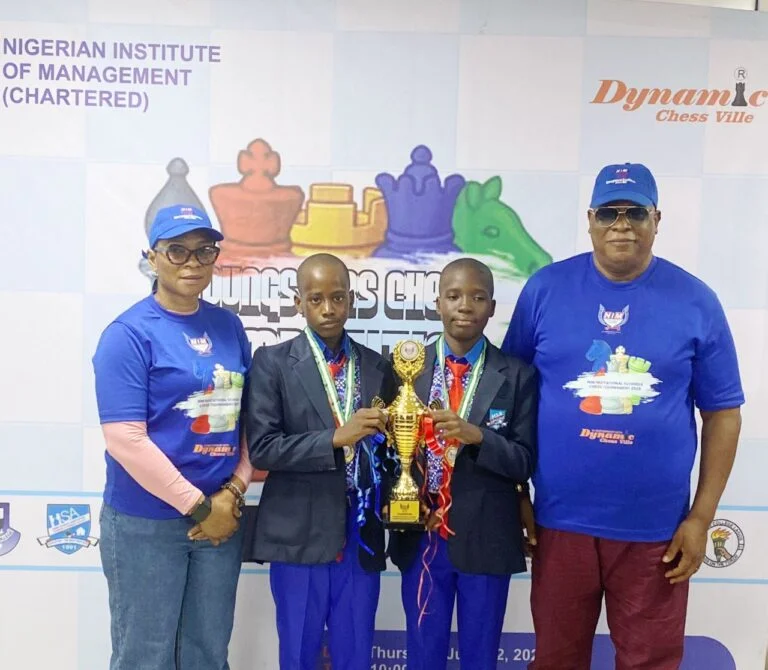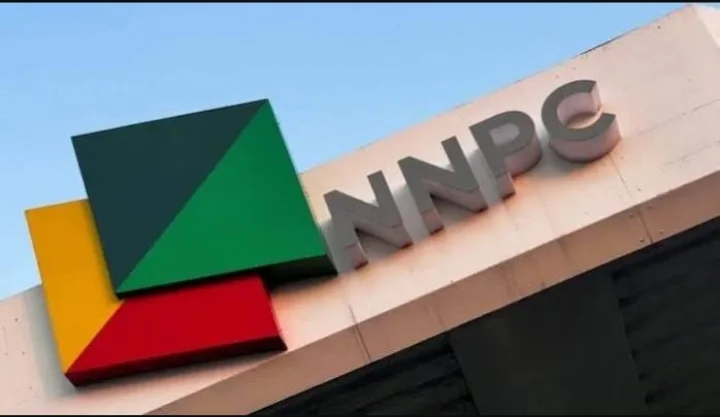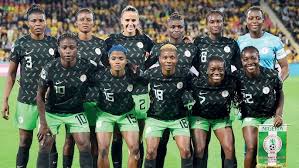211 total views today
By Joshua Olomu
Delegates and other participants have commended Nigeria for successfully hosting the 68th Meeting of the UN Tourism Regional Commission for Africa (CAF), describing it as memorable.
They gave the commendation in separate interviews with the News Agency of Nigeria (NAN) on the red carpet of the closing Gala on Thursday night.
The 68th CAF was held between June 11 and June 13 in Abuja, with the theme “Boosting Social Impact and Education on Tourism through AI, Innovation and Creative Industries in Africa”.
It brought together top government officials across Africa, including Ministers of Tourism and other key players in the tourism industry within the continent and beyond.
Some of the stakeholders who spoke with NAN said the event was iconic and it would leave a lasting impact on participants and the industry.
Elcia Grandcourt, UN Tourism Regional Director for Africa, said: I must say we had a very interesting and successful meeting in these two days.
“I want to take this opportunity to thank our host, the Federal Government of Nigeria, especially, Hanatu Musa Musawa, the Minister of Arts, Culture, Tourism and Creative Economy of Nigeria.
“She has wonderfully hosted us and chaired beautifully this meeting that has brought about ministers of tourism from the Africa region.
“Over these two days, we discussed matters related to the programme of work of Africa, but more so , looking at how we are integrating artificial intelligence and digital transformation within the tourism sector.
“As you know, Nigeria is a hub, a hotspot for creativity; we also used these two days to host a technical workshop that has further built up the capacity of young leaders in Nigeria’s tourism sector.
“Once again, this has been a very successful event.”
Mr Chuks Anyaduba, curator of the Flavours of Nigeria Festival in Ontario, Canada, congratulated the Minister of Arts, Culture, Tourism and Creative Economy of Nigeria and her team for the historic event.
He said hosting culture and tourism stakeholders across Africa and beyond would resonate and further amplify Nigeria’s rich culture and tourism potential on the global stage.
“I want to say that Nigeria has actually had a successful hosting of this UN World Tourism event for Africa, and I believe that a benchmark has been placed.
“Our government just needs to be smarter by putting more money in tourism in Nigeria, with the National Assembly should have a larger budget for the ministry.
“This is very important so that we can actually sell the Nigerian stories as captured in the Destination 2030- Nigeria Everywhere agenda of the ministry,” he said.
Rodney Sikumba,Minister of Tourism and Wildlife, Republic of Zambia, said the meeting offered unique opportunities for ministers of tourism across the continent to form a common front for Africa’s tourism.
Sikumba, who was elected at the meeting as Chairperson for the UN CAF for 2025-2027, said the event has set a new phase for collaborations in regional tourism.
“When I talk about a united Africa, I am talking about an Africa which is actually championing a cause that will shepherd this particular continent to for better.
“As African ministers in charge of tourism, we are here to discuss matters of common cause, which is obviously to champion what we are trying to achieve within the tourism sector.
“I am very delighted that this year’s CAF is actually being hosted by Abuja, in Abuja, Nigeria.
“For a very long time, we’ve been competing as African countries, but now we are here to discuss matters of common cause and to form formidable collaborations,” he said.
Earlier in her opening remarks, Hannatu Musawa, Minister of Art, Culture, Tourism, and Creative Economy, said the future of African prosperity depends on how its culture, creativity and technology are harnessed to empower people.
She, therefore, urged her colleagues to work toward strengthening ties among Africa states for the continent to stand tall on the global tourism index.
“I feel that there is a new path for tourism in Africa, and it’s amazing that myself and other ministers of tourism have really gotten along in a way that we now share a common vision.
“I promise you, together we are going to be very aggressive in ensuring that we really give our continent a sort of value and unlock its fully for tourism,” she said.(NAN)(nannews.ng)
Edited by Ekemini Ladejobi














